GES Reveals 2024 BECE Subject Categories For Candidates
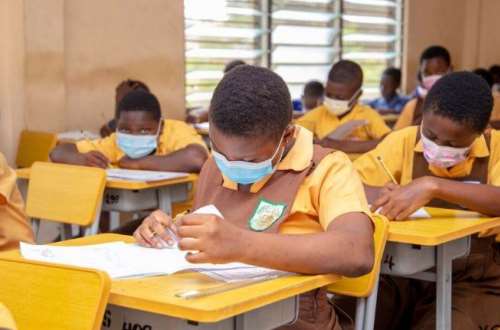
The Ghana Education Service (GES) and NaCCA have finally come into conclusion on subject categories for the 2024 Basic Education Certificate Examination (BECE) candidates.
In a recent directive from the Ghana Education Service (GES), all candidates scheduled to take the 2024 Basic Education Certificate Examination (BECE) have been instructed to register for specific approved courses.
The directive, conveyed in a letter dated March 1st, 2024, and addressed to all Regional Directors of Education, outlines the following ;
Mandatory subjects
- English Language
- Mathematics
- General Science
- Social Studies
- Religious and Moral Education
- Career Technology
- Creative Arts and Design.
Additionally, candidates are required to choose an elective subject, Ghanaian Language, based on their studied language.
Optional subjects available ;
- French
- Arabic
- Computing.
The letter stresses the importance of adherence to the directive and urges Regional Directors to ensure its implementation through communication to relevant Metro/Municipal/District Directors of Education.
The GES expresses confidence in the cooperation and compliance of all stakeholders involved in the registration process.
How Many Subjects Will Be Written During The 2024 BECE?
The least number of subjects to be written by each candidate is eight(8) and the highest or maximum number is nine(9). Meaning all candidates will write the following subjects;
- English Language
- Social Studies
- Religious and Moral Education (RME)
- Mathematics
- Science
- Career Technology
- Creative Art and Design
- Ghanaian Language
Then, the school you attend will decide to add either Computing (ICT), French or Arabic to it. These three subjects are optional.
When Is The 2024 BECE?
The 2024 BECE begins on Monday, 8th July, 2024 and end on Friday, 12th July, 2024.
READ ALSO: 2024 BECE Date And Timetable Out
The Basic Education Certificate Examination (BECE) is a standardized test administered in several countries, primarily in West Africa, including Ghana, Nigeria, Sierra Leone, Liberia, and The Gambia. It serves as a crucial assessment tool for students completing their basic education, typically at the junior secondary level.
In Ghana, for instance, the BECE is conducted by the West African Examinations Council (WAEC) and is taken by students after they have completed three years of junior high school education. The exam covers a range of subjects, including English Language, Mathematics, Integrated Science, and Social Studies, with additional elective subjects such as French, Arabic and Computing.
Preparation for the BECE is rigorous and usually involves students revising materials covered throughout their junior high school years. Schools often conduct mock exams to help students familiarize themselves with the exam format and timing.
The results of the BECE are crucial as they determine placement into senior high schools and other educational pathways. High scores can lead to admission to prestigious senior high schools, while poor performance may limit educational opportunities.
READ ALSO: New Vacation Date For SHS 3 Students In Single Track Schools
Beyond its role in individual student progression, the BECE also serves as a barometer for the quality of education at the junior secondary level and helps educational authorities identify areas where improvement is needed.
Overall, the BECE plays a vital role in the educational landscape of participating countries, serving as a milestone in students’ academic journeys and a measure of educational standards at the basic education level.


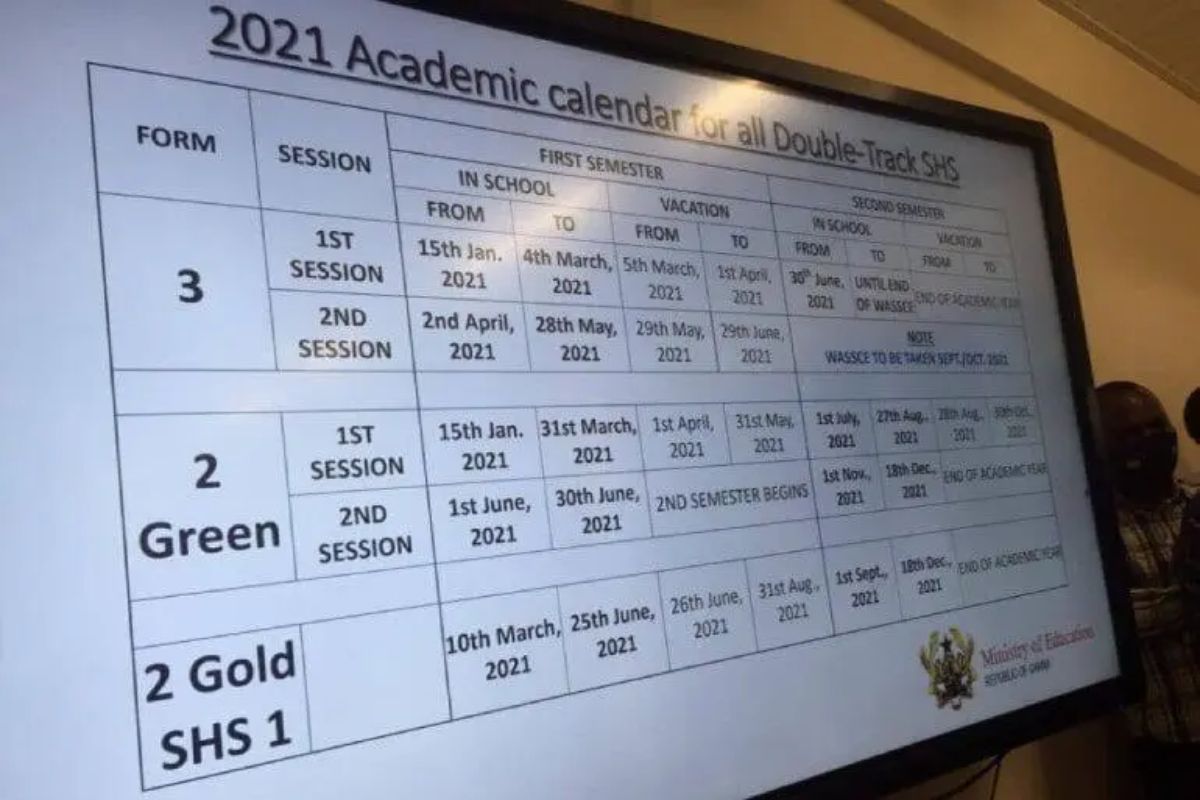 GES 2024-2025 Academic Calendar for Public Schools
GES 2024-2025 Academic Calendar for Public Schools  GES to recruit university graduates and diploma holders-GES Director General
GES to recruit university graduates and diploma holders-GES Director General 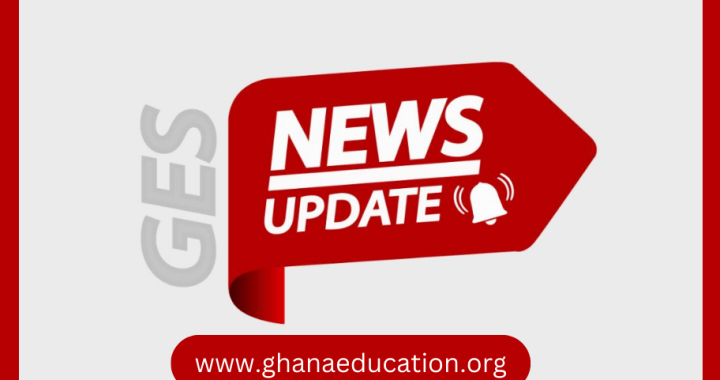 GES is expected to announce reopening dates for public schools today
GES is expected to announce reopening dates for public schools today  Dr. Bawumia’s Smart Phone Credit Will Take 125 Years To Repay: A Misleading Promise
Dr. Bawumia’s Smart Phone Credit Will Take 125 Years To Repay: A Misleading Promise 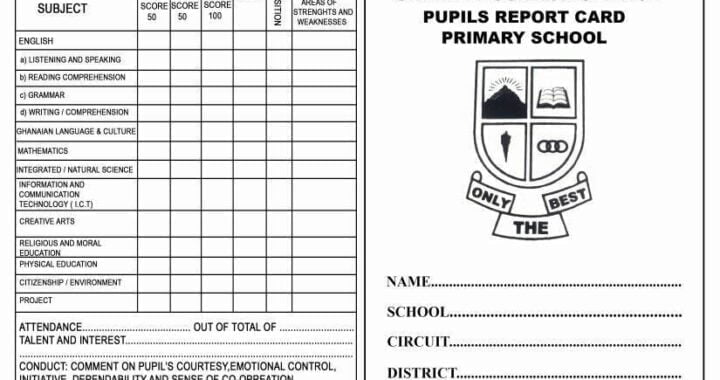 2024-2025 Report Card Grading, Student Attitudes, Interests and Conduct Samples for Teachers
2024-2025 Report Card Grading, Student Attitudes, Interests and Conduct Samples for Teachers  US Staffing Agencies Recruiting International Job Seekers With Work Visa Sponsorship
US Staffing Agencies Recruiting International Job Seekers With Work Visa Sponsorship 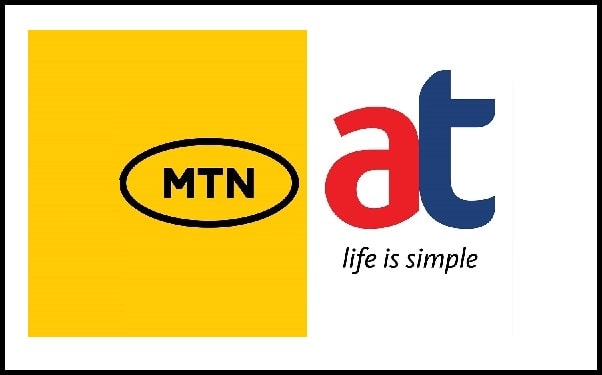 Buy 1 Gig MTN or Airtel Tigo data for only GHS6.00 not GHS17.00
Buy 1 Gig MTN or Airtel Tigo data for only GHS6.00 not GHS17.00